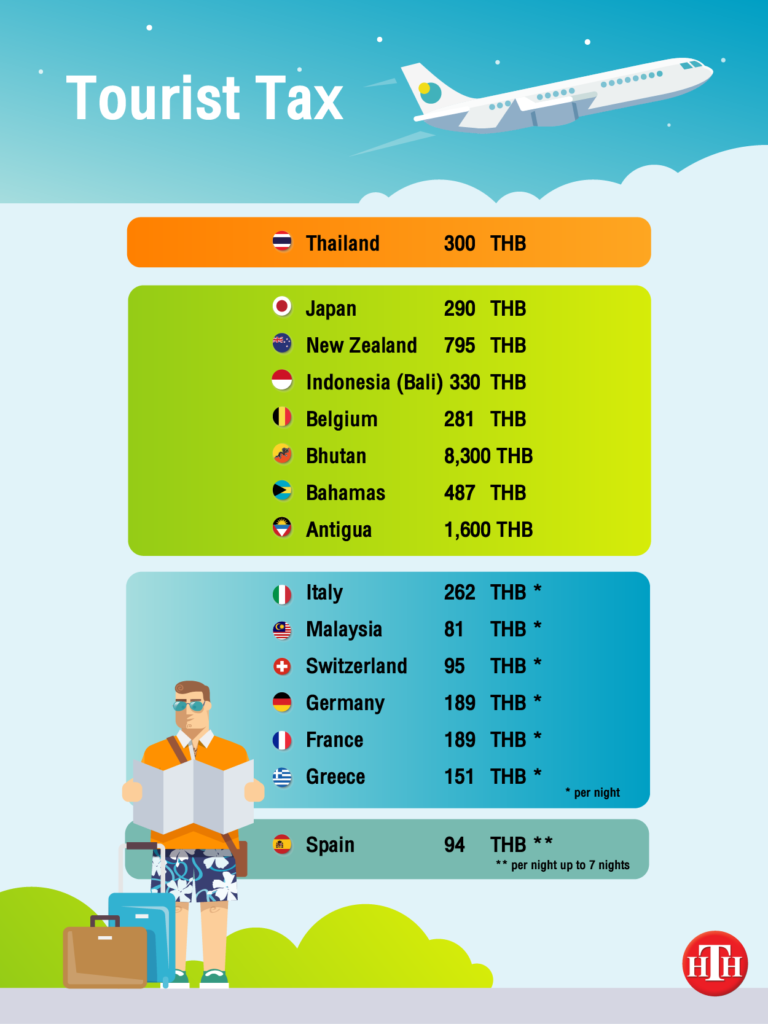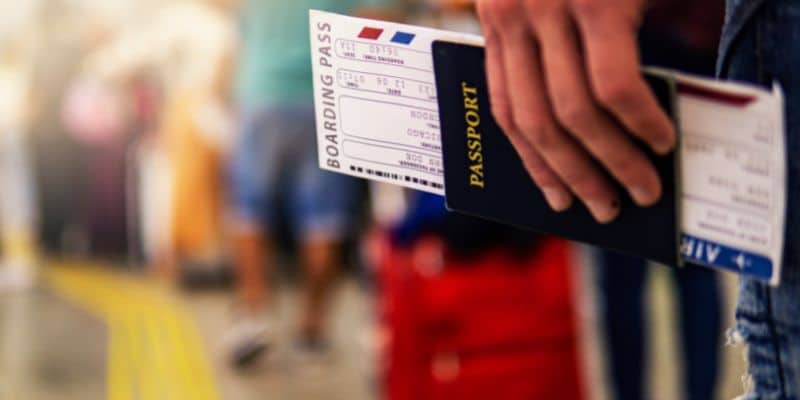All foreign visitors must pay 300 Baht at airports and 150 Baht by land or water upon arrival; the most recent notice from the Thai Ministry of Tourism specifies the exceptions. Diplomats, children under 2 years old, people with work permits, travelers who are only in Thailand for a single day or in transit, and—you know—foreign residents in Thailand—are among the fortunate ones.
Some expats take the latter expression in an optimistic manner, seeing themselves as “residents” due of their yearly, renewable extensions of stay based on retirement, marriage, or their learning Thai. However, the term “resident” in this context refers to a “permanent resident,” or a foreign national who has a red police residency book and no expiration date on their visa.

It goes without saying that this is a highly sought-after position with a difficult application process that can take years. Due to airlines’ well-publicized reluctance to incorporate the tax in most fares while deftly leaving out the 300 baht from tickets for Thai nationals and international exempt groups, the plan has been postponed until September.
Whether this conundrum will be handled by taxing everyone and implementing a post-arrival refund scheme, or by teaching travel agencies what paperwork to look for when determining whether to include the tax, is not yet obvious. Of course, there would be potential problems with large-scale crowd management if a payment system were implemented at Thai airports.

Arriving taxable immigrants face unique challenges, such as needing change, paying in foreign currencies, or accepting online payments. The Tourist Authority of Thailand claims that a solution has not yet been found for how to prevent huge lines of disgruntled tourists. Online advance payments, cash booths at immigration checkpoints, and most recently, the creation of a private corporation to handle everything have all been suggested as answers.
According to the most recent advertising circular, the purpose of the Thailand Tourism Fee (TTF) is to “provide medical insurance for tourists” as well as “to develop and maintain tourist destinations,” presumably through repairs and improvements.
Without further explanation, this seems to imply that visitors, regardless of who they are, are automatically covered in the event of a medical emergency and do not require their own insurance coverage. However, prior statements implied that government support would be limited to optional assistance in large casualties, such as funeral expenses and restitution to family members. Additional details on TTF may not be released until after the general election in mid-May, according to a representative for the tourism ministry. I cannot wait until it does.





